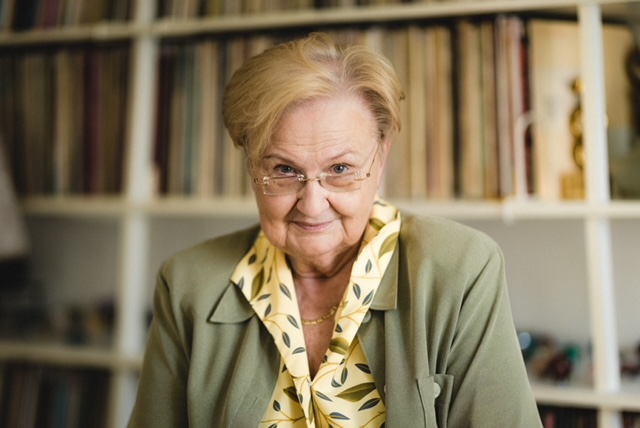
Prof. Ewa Łętowska
Professor of law, the first polish Ombudsman for Citizen Rights (1988–1992), judge of the Supreme Administrative Court (1999–2002) and Constitutional Court (2002–2011). (photo: Mikołaj Maluchnik).
„The crisis of the rule of law principle feeds on a false image of the law. There is no other way to overcome that false image than focusing on specific facts. They need to be described first, and only then generalized. And this is challenging.
Physicians have to correct fake news about medicines nad vaccines basing on scientific research and their own experience. They wont to treat their patients well. Lawyers that teach law to others are obliged not only to say «what law should be», but also to point «where they wont to deceive us with fake legal solutins». The grain must be separated from the chaff and the swindlers must be punished.
”
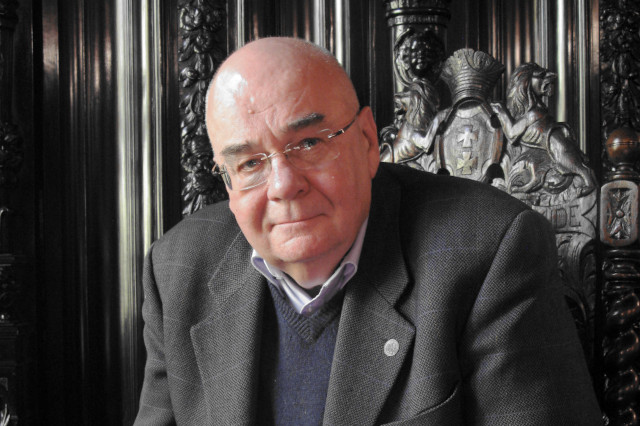
Prof. Jerzy Zajadło
Professor of law, a philosopher, faculty member at the Department of Theory and Philosophy of the State and Law of the University of Gdańsk. Author of numeorus scientific publications on the theory and philosophy of law, constitutional law and international law.
„We can often hear that the issue of the rule of law is vaque and does not have a clear definition. Let's try to define the core of this term. It consists of three elements.
Firstly, under the rule of law, there is primacy of law over politics, and not the other way around. Secondly, under the rule of law, there is equality before the law in the state. Every citizen and every group, regardless of views and political affiliations is treated the same way. Thirdly, there is legal certainty under the rule of law. The hierarchy of legal acts is clear, the legislative process is transparent and the government follows these principles.
All three ellements are being violated in Poland.
”
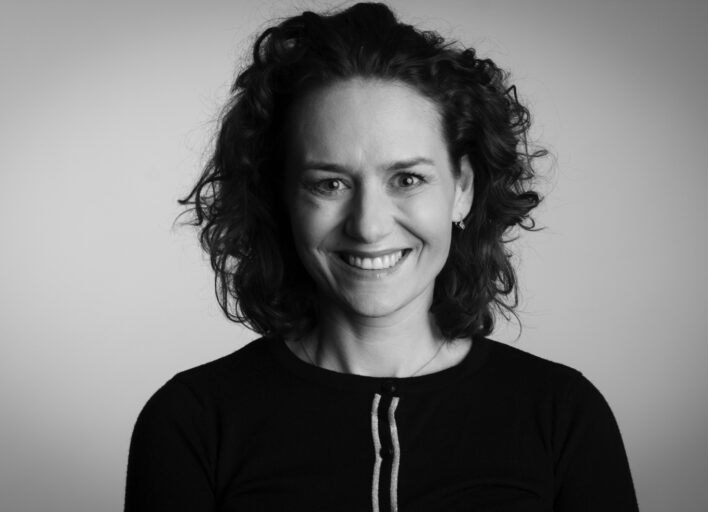
Maria Ejchart-Dubois
Lawyer, a co-founder of the Free Courts initiative and KOS (Justice Defense Committee).
„By changing the system of justice, the authorities violated and continues to violate the law. Not talking about it and not documenting the actions of the authorities means conseiting to breaking the law. There is also the second, moral dimension to the obligation to document violations committed by the authorities. Persistent in honesty, steadfast judgest, who are deprived in the quiet of their gabinets of the possibility of adjudicating must have a guarantee that they will not remain anonymous. So are thos who break their independence.”
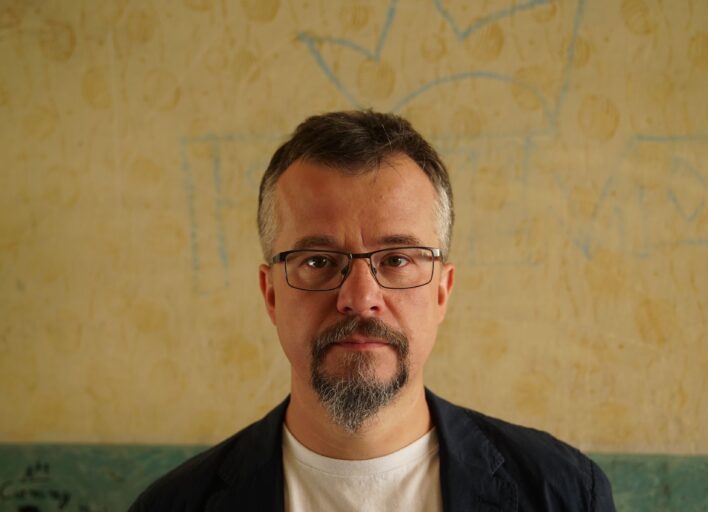
Jarosław Gwizdak
Lawyer, an academic lecturer, a former judge, a member of the Inpris (Institute of Law and Society) think thank .
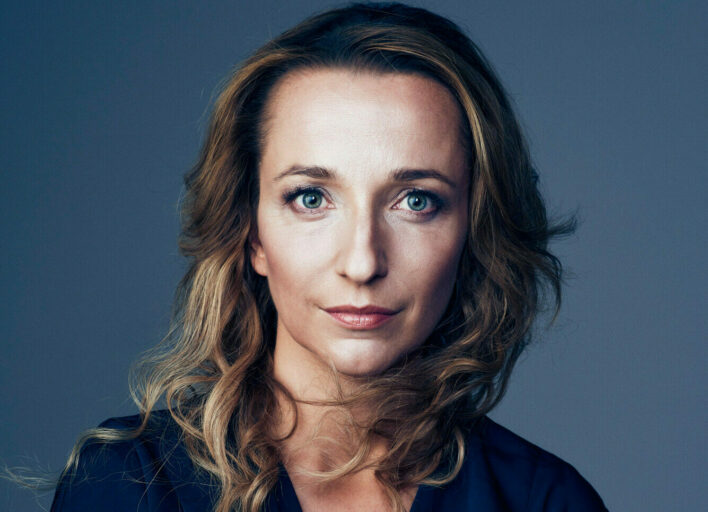
Sylwia Gregorczyk-Abram
Advocate, a co-founder of the Free Courts initiative, a member of KOS (Justice Defense Committee), a defender of judges unlawfully held liable for disciplinary action.
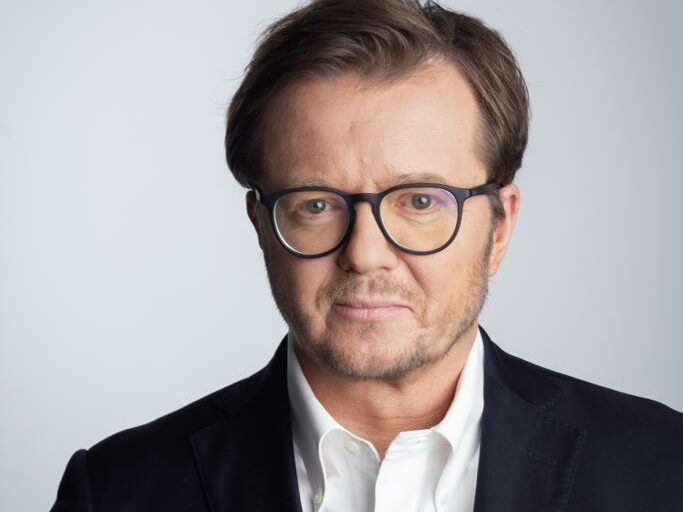
Michał Wawrykiewicz
Advocate, a co-founder of the Free Courts initiative, a member of KOS (Justice Defense Committee), a defender of judges unlawfully held liable for disciplinary action.










